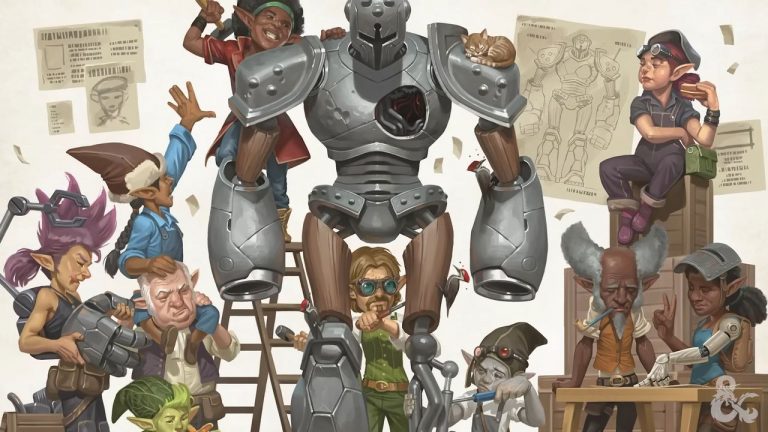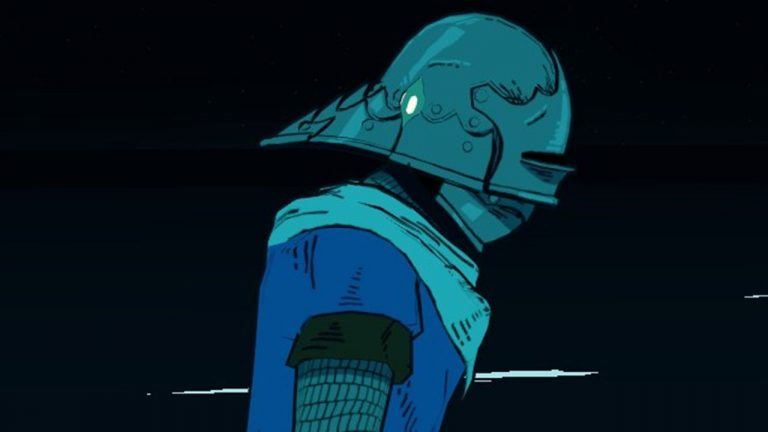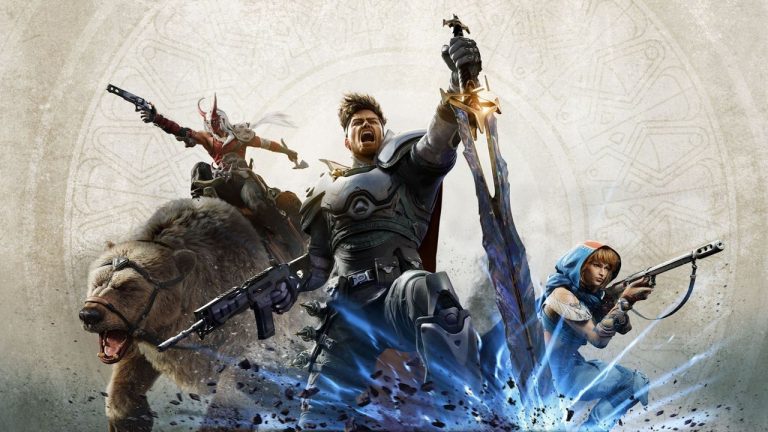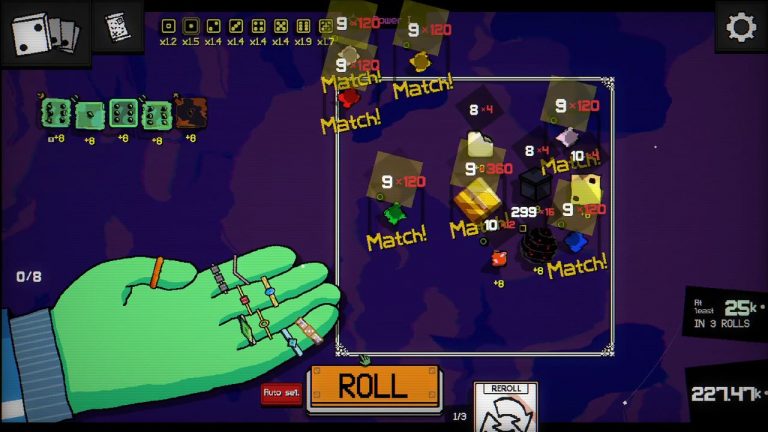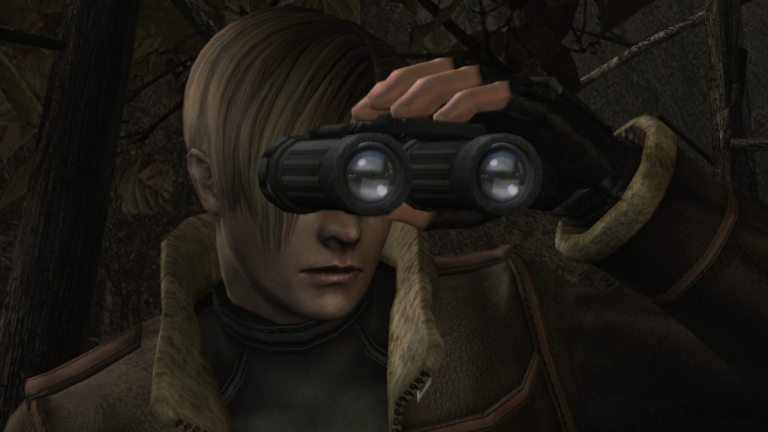The videogame industry’s unending anni horribiles continued today as Sega announced it would be laying off 240 staff across Sega Europe, mobile developer Sega HARDlight, and Total War studio Creative Assembly. To top it off, the corporation has also sold Company of Heroes developer Relic Entertainment, which will transition to being an independently-run studio with the aid of “an external investor” in the years to come.
In a statement on Twitter, Relic told fans that its shift to being an independent studio was a “huge change” for the company, but that it wouldn’t affect ongoing support for Company of Heroes 3 or its upcoming 1.6 update this April.
Important Update from Relic Entertainment pic.twitter.com/nCcF8olDaCMarch 28, 2024
Though grim, the layoffs aren’t entirely unexpected. In September last year, Sega announced that it would be making “structural reforms” at its European studios after abruptly scrapping Hyenas, Creative Assembly’s doomed live-service shooter. The company made another series of cuts around that time.
But it wasn’t done, as Sega has now released a statement announcing this latest round of layoffs, and which refers directly to its September promise of “structural reforms”. Sega says that it is responding to “reactionary decline from the stay-at-home demand in Covid-19 and the economic downturn due to inflation, etc,” as well as a general downward trend in profitability.
The layoffs are meant to “promptly adapt to these changes in the environment and improve profitability”, as is the Relic sell-off. Writing to staff (via GI.biz), Sega Europe boss Jurgen Post apologised to those affected by the cuts but claimed they were “to secure the future of our games business,” before saying Sega and its owned studios need to “streamline, focus on what we are good at, and position ourselves as best we can for the road ahead.”
Back in November, Sega gave a presentation to investors in which it claimed that its live-service push with Creative Assembly was due to being drunk on “the favorable winds of the early Covid-19 period.”
All of which is pretty boilerplate and likely of very little comfort to those devs who now find themselves without employment, but it does echo comments Sega made in the wake of Hyenas’ cancellation. Back in November, Sega gave a presentation to investors in which it claimed that its live-service push with Creative Assembly was due to being drunk on “the favorable winds of the early Covid-19 period,” when we were all stuck at home and spending lots of money on home entertainment.
Like lots of games companies, Sega—or more accurately, Sega’s staff, who probably had very little say in the matter back during lockdown—is now reaping the whirlwind of executive decisions which were made as if that early-Covid consumer jolt was going to last forever. It’s a grim, risible, and depressingly common spectacle at this point: In February, we put together a chart showing the impact of 16,000 layoffs across the games industry. That chart is now outdated: The cuts have only continued since then.
The problem is so bad, and so omnipresent, that laying into executive greed became a recurring theme at this year’s just concluded GDC, with figures like Larian’s Swen Vincke and Dwarf Fortress’ Tarn Adams criticising the short-term thinking and avarice that has underpinned so many layoffs in the last couple of years.
Yesterday, workers at Sega of America announced they had ratified the first union contract at a major games company. I would dearly like to write more things like that and less things like this as time goes on.



